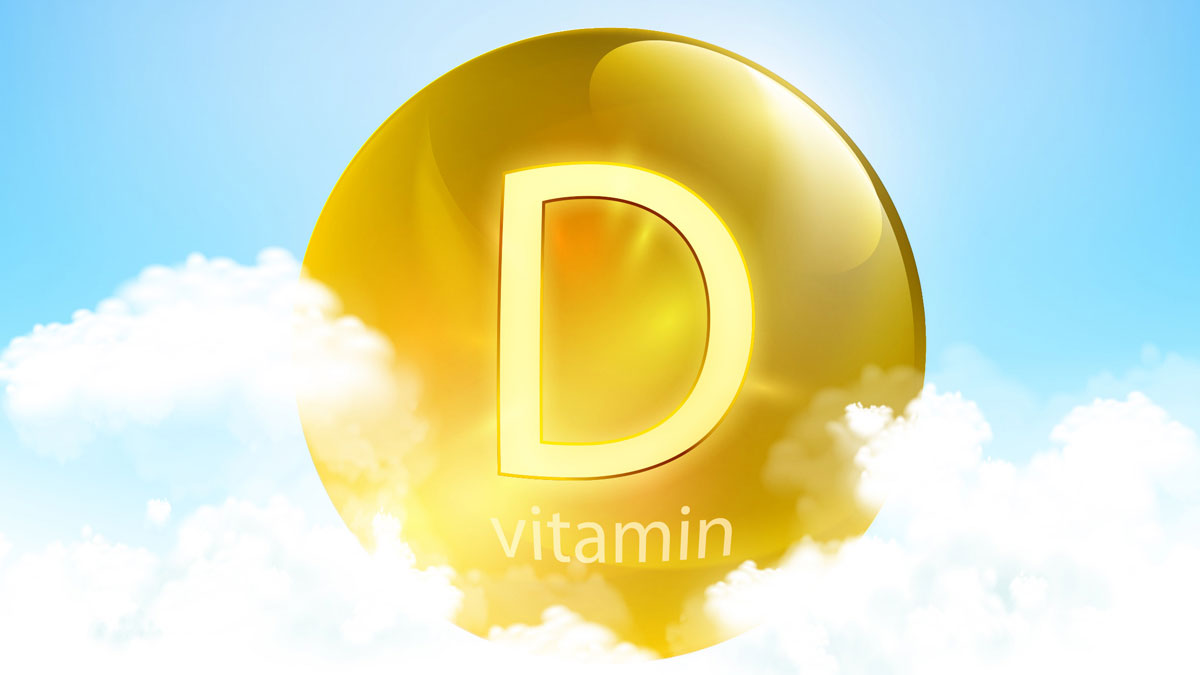The immune system is a truly miraculous system, made up of special organs, cells and chemicals that fight infections and keep us functioning. While there is much focus on wearing masks, social distancing and staying indoors these days, little is said about maintaining a healthy immune system.
“We need to make sure our bodies are healthy. We need to make sure our immune system is healthy, and that entails exercise, rest and eating right,” said Dr. Jerome Aya-Ay of Palmetto Proactive Healthcare.
These are things we know of course, which Dr. Aya-Ay is quick to point out. But common knowledge is not always common practice. We often do things to suppress the functionality of our immune system.
“The data says if you have any co-morbidities like hypertension, diabetes or obesity or if you’re a smoker, you’re at an increased risk of contracting COVID-19. But if you do the right things, you have a much better chance at staying healthy,” he said.
But what about Vitamin D? How important is it to get out in the sun and soak up the rays?
“Vitamin D is one of the essential vitamins, and it’s very important for many things in the body. We get that by going outside – 15 to 30 minutes a day is enough most of the time. You don’t have to do a lot,” he said. “That’s the main way humans get vitamin D, and, without it, you don’t get the calcium for strong bones. It’s essential to your heart and muscle health and just your overall health in general.”
We all know that the sun is good for us, but it’s often difficult for some people to get outdoors as much as they’d like. What are your options in that case?
“You can supplement with vitamins – 2,000 international units of Vitamin D would be appropriate; 4,000 would be the maximum,” he said. “But if you’re low, and we oftentimes see that in the winter months, you can most certainly supplement to get what your body needs.”
Dr. Jeffrey Farricielli, who is with The Center for Regenerative Medicine in Mount Pleasant, had this to offer specifically regarding Vitamin D’s potential role in fighting COVID-19:
“We know that vitamin D has an immune-modulating effect and can lower inflammation, and this may be relevant to the respiratory response during COVID-19 and the cytokine storm that’s been demonstrated. There’s now some evidence from COVID-19 patients as well. In an observational study from three South Asian hospitals, the prevalence of vitamin D deficiency was much higher among those with severe COVID illness compared with those with mild illness. In fact, there was about an eightfold higher risk of having severe illness among those who entered with vitamin D deficiency compared with those who had sufficient vitamin D levels. So the evidence is becoming quite compelling.”
While more research is being done on vitamin D’s role in fighting COVID-19, it’s clear that getting sunlight and being outdoors is something we should be doing frequently.
And alleviating stress is another major factor in maintaining a healthy immune system.
“Throughout the past two or three months, we’ve seen a lot more patients stressed out and anxious. We’re dealing with that much more than the virus. A lot of times it’s just letting them know they’re not the only ones experiencing this, and that alone is a weight off their shoulders.” Dr. Aya Ay shared.
“Oftentimes when someone is under a lot of stress and sadness, they’ll gain weight or exercise less and everything just gets worse. I had one patient come in saying he gained the ‘COVID-19’ because he had gained 19 pounds and was struggling immensely with the stress of it all.”
Stress increases cortisol, a hormone that can dampen the immune system. Back in the day when we were running from lions, tigers and bears, our cortisol levels would spike – which increases the fluid in your body so there’s more fluid in your circulatory system for your heart to pump so you can run and pump more blood to the muscles.
“Right now, we don’t need that, but our bodies still react in that way, and that stress is detrimental to us,” Dr. Aya Ay said.
It’s important to do the things that are necessary to maintain your physical and mental health, Dr. Aya Ay said.
“Like keeping a healthy diet, exercising, sleeping well, finding ways to relieve stress and making sure you don’t go to sleep upset,” he concluded. “We’re all dealing with this in some way, and somehow knowing that makes it easier. We just need to remember that and keep doing what’s right for our bodies and our immune system.”
By James Crawford







